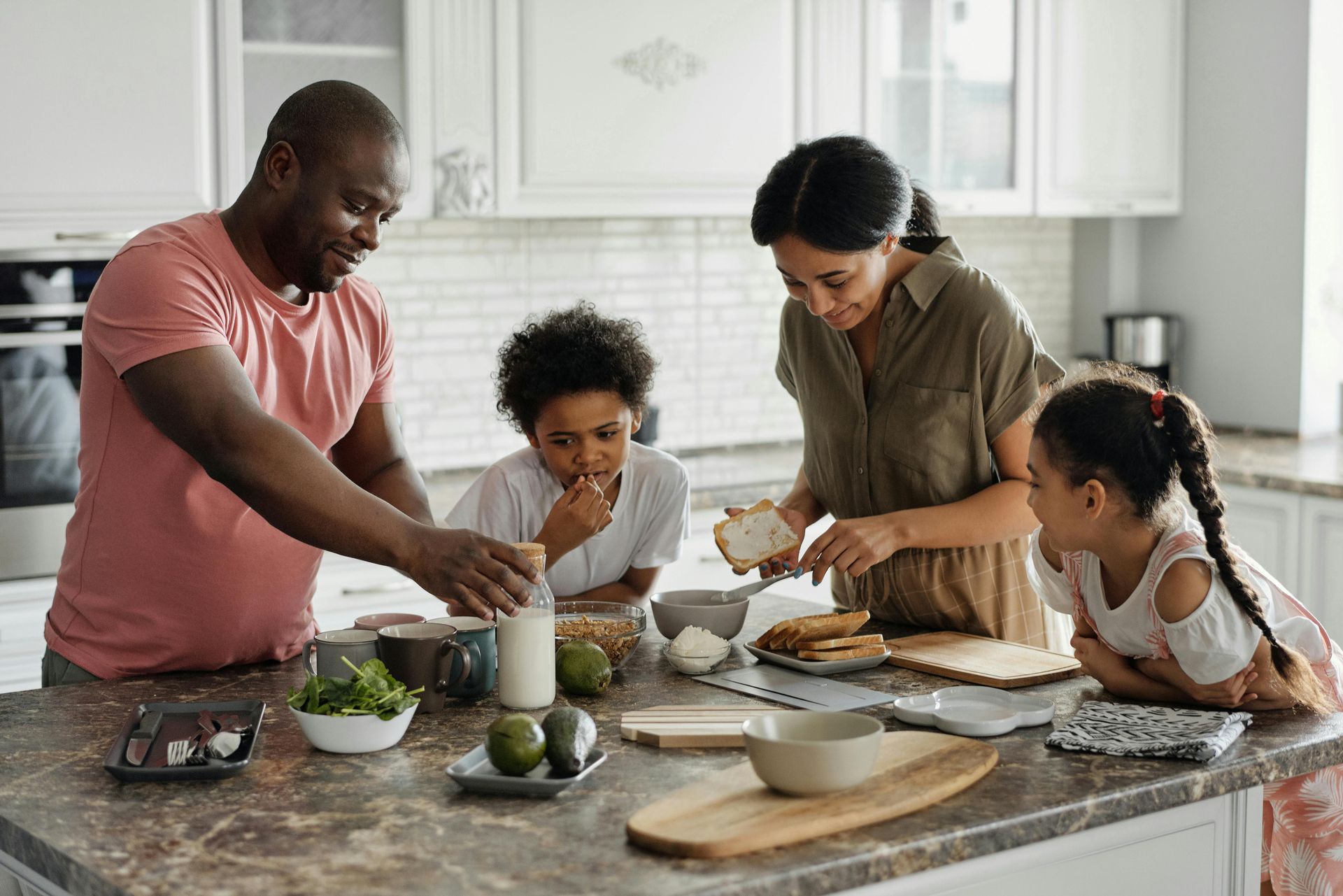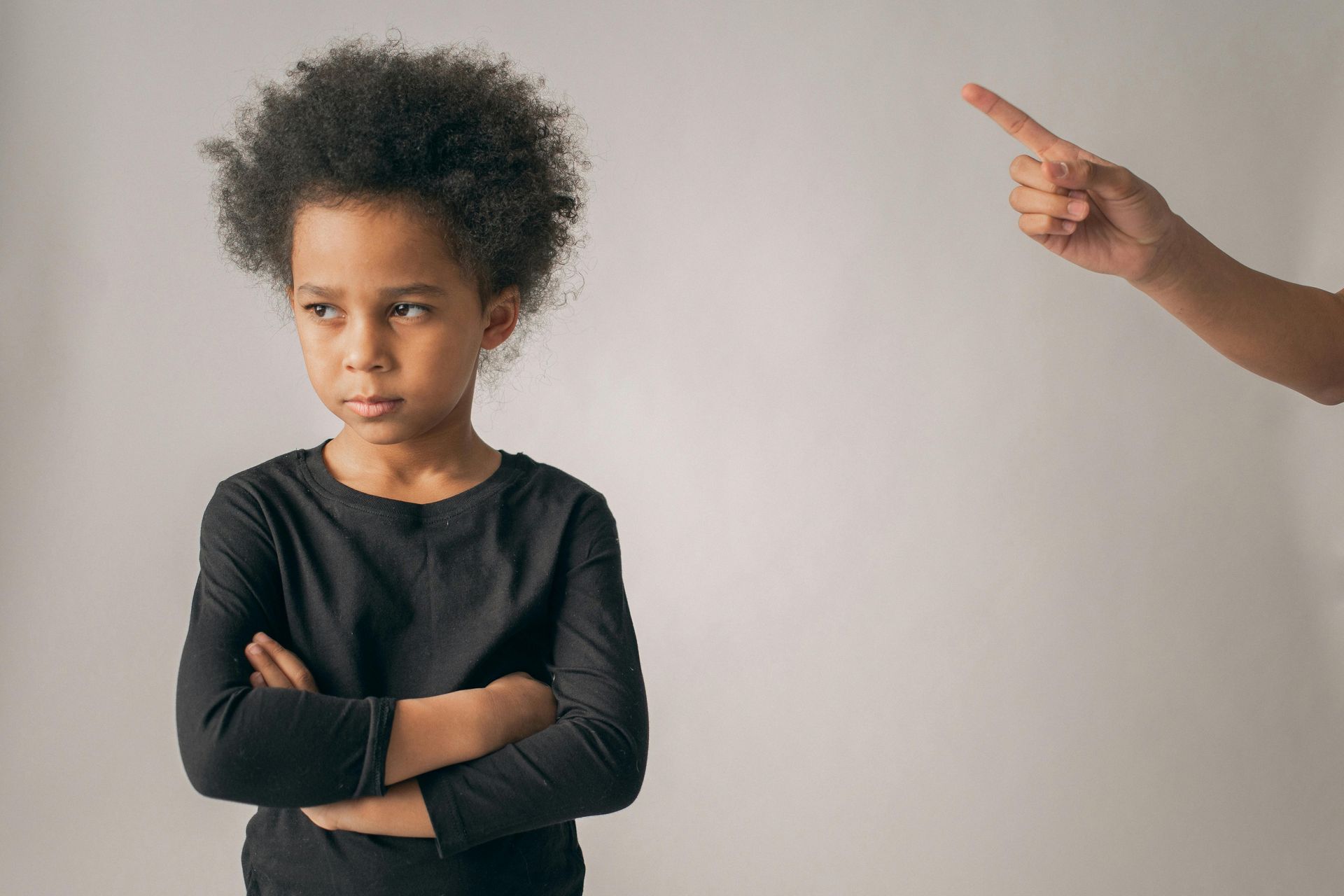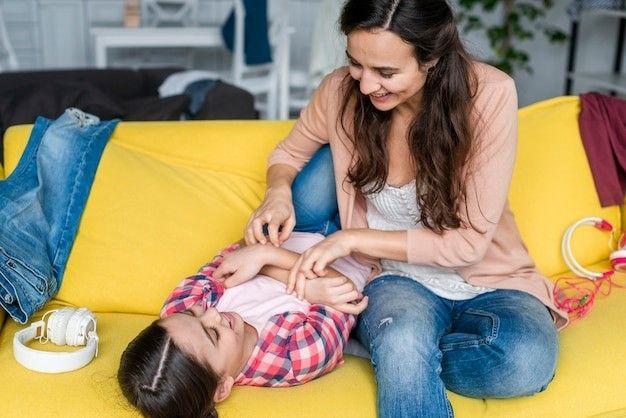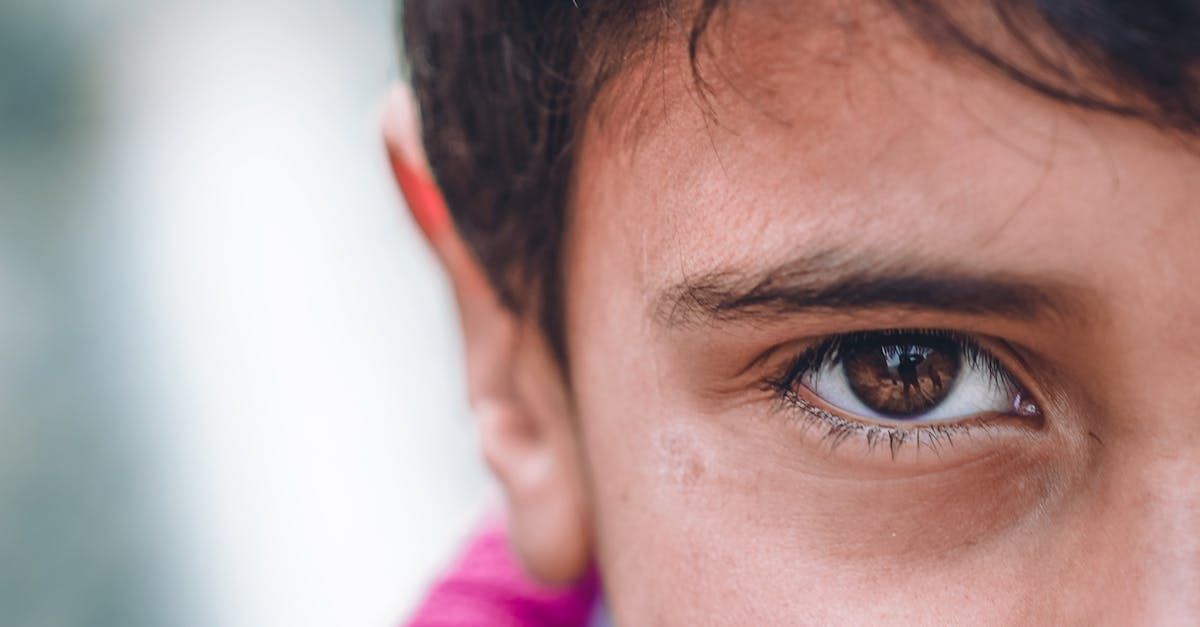The Impact of Peaceful Parenting on Children's Mental Health
Imagine a world where parenting isn't about commands or conflicts, but about connection and understanding. Imagine a home filled with laughter and love, where every voice is heard, and every emotion is validated. This is the essence of peaceful parenting, a journey I've embarked on with families just like yours at Sweet Spot Parent Coaching. In my online parenting classes, I, Dr. Ceara Deno, have seen firsthand the transformative power of embracing empathy and communication in raising resilient, emotionally intelligent children. Join me as we highlight the profound impact of peaceful parenting on our children's mental well-being, one nurturing step at a time.
● Understanding Peaceful Parenting:
Let's start by defining what peaceful parenting truly means. It's not just about avoiding conflicts or punishments; rather, it's a holistic approach that fosters empathy, communication, and mutual respect between parents and children. Instead of resorting to traditional disciplinary methods, peaceful parenting encourages understanding the underlying needs and emotions driving a child's behavior.
● The Power of Connection:
At the heart of peaceful parenting lies the concept of connection. When parents prioritize building strong emotional bonds with their children, they create a safe and supportive environment where kids feel valued and understood. This deep connection acts as a buffer against stress and adversity, nurturing a child's sense of security and self-esteem.
● Emotional Regulation and Resilience:
One of the greatest gifts we can give our children is the ability to regulate their emotions effectively. Through peaceful parenting practices, such as active listening and validation, we teach our kids how to identify and convey their feelings in healthy ways. This emotional intelligence equips them with the resilience to navigate life's challenges with grace and confidence.
● Empowering Communication Skills:
Effective communication is the cornerstone of any healthy relationship, and peaceful parenting cultivates this essential skill from an early age. By encouraging open dialogue and active listening, parents create a safe space for their children to express themselves without fear of judgment. This promotes honesty, trust, and mutual understanding within the family dynamic.
● Breaking the Cycle of Trauma:
Many parents unknowingly perpetuate patterns of trauma and dysfunction inherited from their own upbringing. However, peaceful parenting offers a path to breaking this cycle by fostering healing and growth. By practicing empathy and compassion, parents can create a nurturing environment that promotes healing and resilience, setting the stage for healthier generations to come.
● The Role of Online Parenting Classes:
In today's fast-paced world, many parents struggle to find the time and resources to educate themselves on effective parenting techniques. That's where online parenting classes come in. Platforms like Sweet Spot Parent Coaching offer convenient access to expert guidance and support from the comfort of your own home. Whether you're a new parent or a seasoned pro, online parenting classes or peaceful parenting courses online provide invaluable tools and insights to enhance your parenting journey.
● Embracing a Brighter Future:
As we reflect on the profound impact of peaceful parenting on children's mental health, it's clear that the benefits extend far beyond the individual family unit. By nurturing our children's emotional well-being, we contribute to a more compassionate and resilient society as a whole. So, let's embrace the transformative power of peaceful parenting and pave the way for a brighter future for generations to come.
Wrap-Up:
The impact of peaceful parenting on children's mental health cannot be overstated. From fostering emotional regulation to promoting healthy communication, the principles of peaceful parenting lay the foundation for a lifetime of well-being and fulfillment. As Dr. Ceara Deno, a certified parent coach, pediatrician, and sensitive parent herself, I understand the unique challenges sensitive families face. When you contact me, you'll experience understanding, non-judgmental openness, and personalized support, guiding you through every step towards creating a peaceful home and relationships. So, let's commit to nurturing our children's minds with love, empathy, and understanding, one peaceful parenting step at a time.










